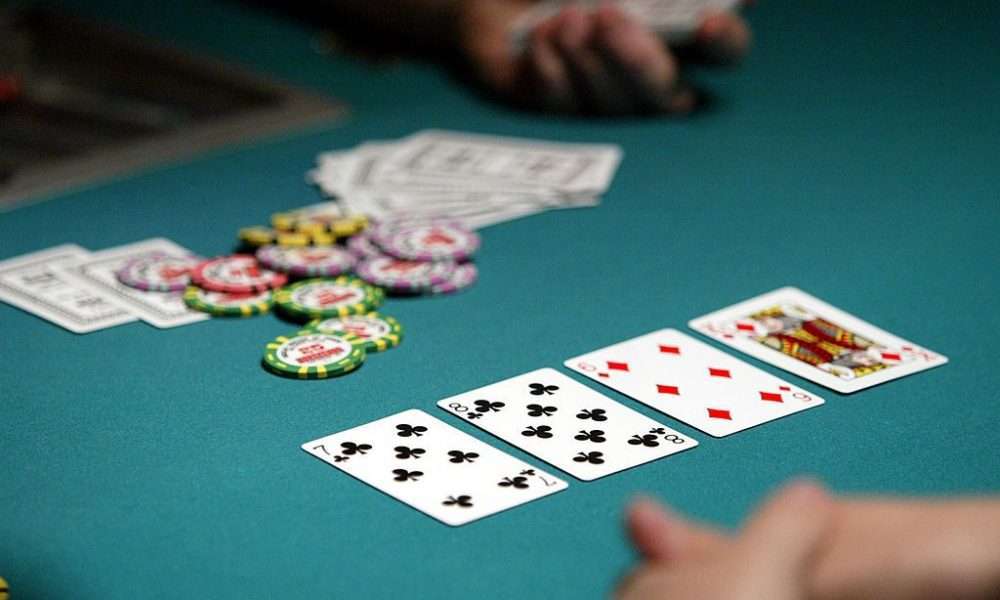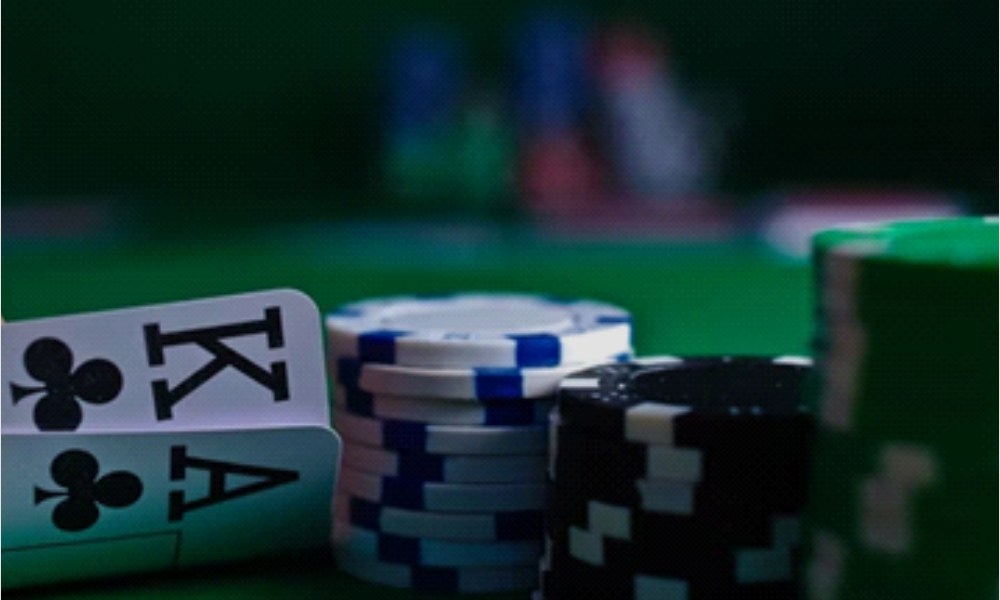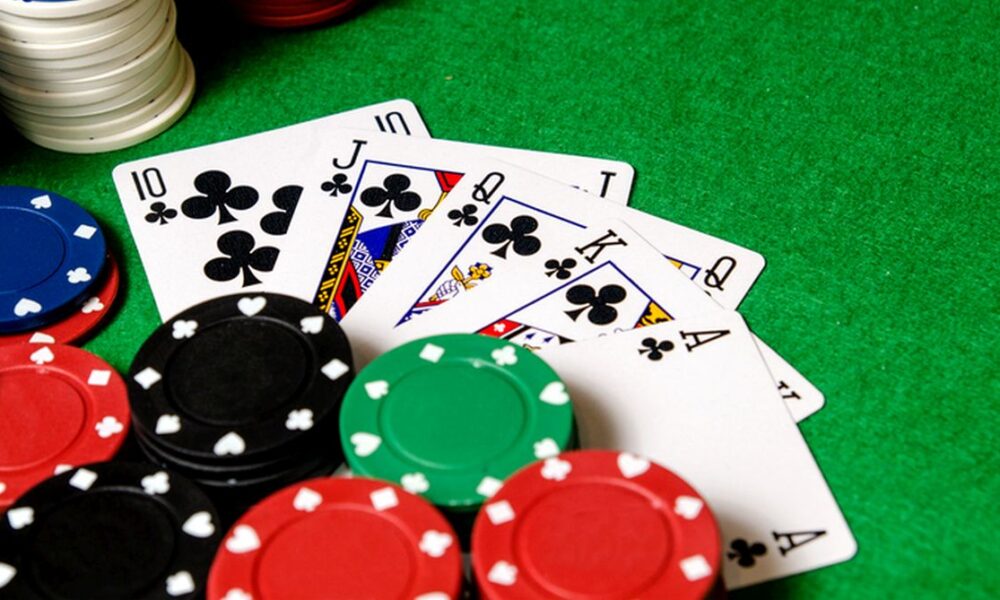Poker is a game that combines skill, strategy, and psychology. One of the most intriguing aspects of poker is bluffing, the act of deceiving opponents into believing that your hand is stronger than it actually is. Bluffing is not only a tactic used to win pots but also a psychological mind game that can manipulate the emotions and decision-making of opponents. Understanding the psychology behind bluffing is crucial for poker players who want to master this art and increase their chances of success at the table.
The Element of Deception
Bluffing in poker is all about deception. It involves presenting a false narrative to opponents, convincing them that you possess a stronger hand than you actually do. This element of deception taps into the psychological vulnerabilities of human beings, such as the fear of loss and the desire to avoid confrontation. By exploiting these vulnerabilities, skilled poker players can manipulate the thought processes of their opponents and influence their decision-making.
Reading Opponents’ Tells
Bluffing is not just about the cards you hold in your hand; it is also about reading your opponents’ behavior and identifying their “tells.” Tells are subtle physical or verbal cues that reveal the true emotions and intentions of a player. These can include nervous gestures, changes in breathing patterns, or even the tone of voice. By observing and analyzing these tells, a skilled poker player can gain valuable insights into their opponents’ hands and use this information to make informed decisions about when and how to bluff.
Mind Games and Psychological Warfare
Bluffing in poker goes beyond the physical act of betting; it is a psychological warfare that can mess with opponents’ minds. Skilled bluffers use a combination of timing, body language, and verbal tactics to create doubt and confusion in their opponents’ minds. By sowing seeds of doubt, bluffers can force opponents to make irrational decisions based on fear or uncertainty. This psychological manipulation can be a powerful tool in a poker player’s arsenal, allowing them to control the dynamics of the game and gain an advantage over their opponents.
The Importance of Timing and Context
Timing and context are crucial factors in successful bluffing. A well-timed bluff can catch opponents off guard and force them to fold even when they have a strong hand. However, bluffing too frequently or in the wrong situations can backfire and lead to significant losses. Understanding the dynamics of the game, the playing styles of opponents, and the overall context of the hand are essential for making educated decisions about when to bluff and when to fold.
The Psychological Impact of Bluffing
Bluffing can have a profound psychological impact on both the bluffer and the opponents. For the bluffer, successfully pulling off a bluff can boost confidence and establish a dominant image at the table. On the other hand, being caught in a bluff can be emotionally and mentally challenging, leading to self-doubt and loss of credibility. For opponents, falling victim to a well-executed bluff can create frustration, anger, and doubt in their own abilities, affecting their decision-making and overall performance in the game.
The psychology of bluffing in poker is a fascinating aspect of the game. Bluffing involves the art of deception, reading opponents’ tells, and engaging in psychological warfare. Timing, context, and understanding the psychological impact of bluffing are crucial for successful execution. Mastering the psychology of bluffing can give poker players a significant advantage at the table and enhance their overall performance in the game.





